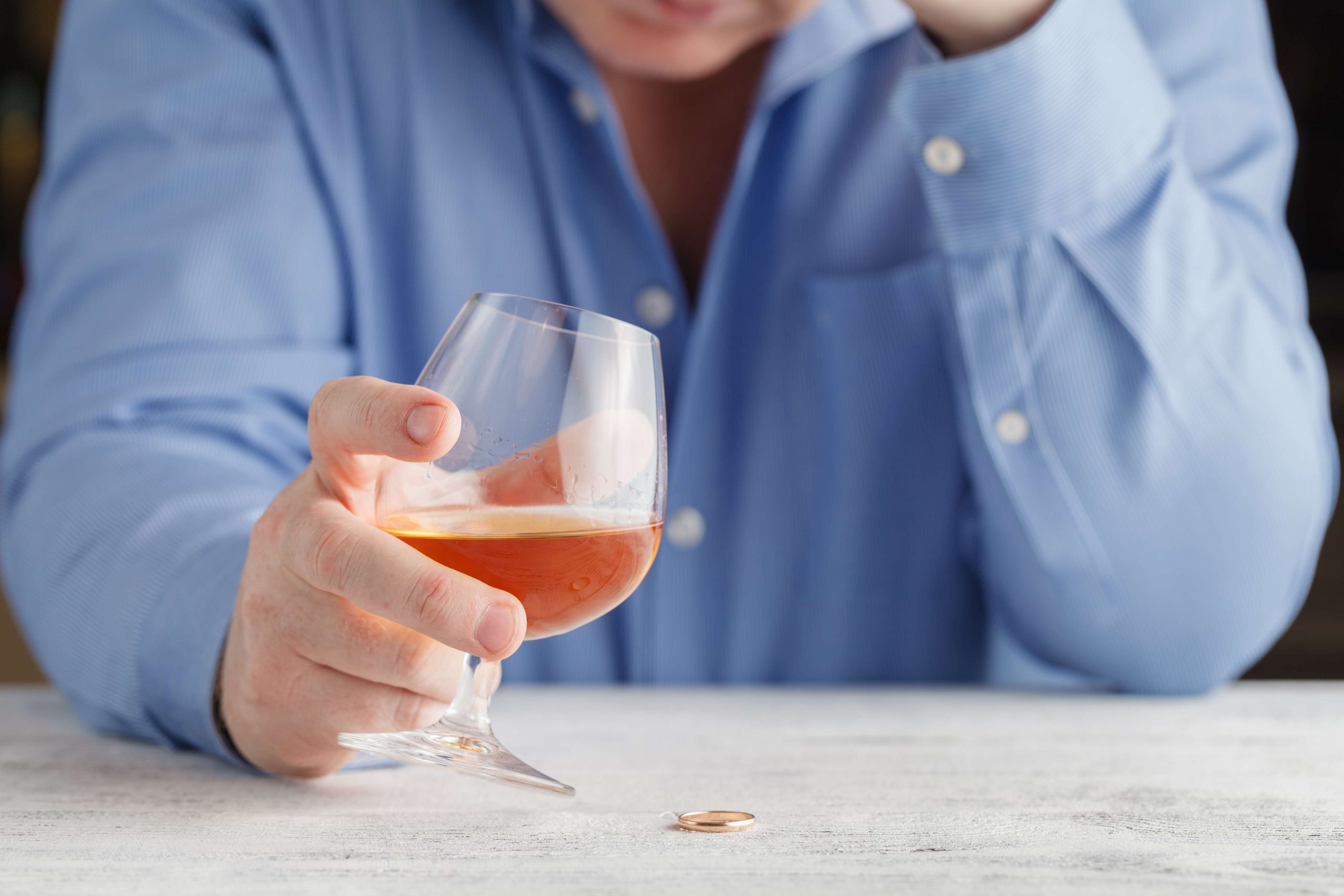What matters most is finding the path that works best for you and seeking support and resources along the way. When an alcoholic is “sober” from alcohol without attending a mutual-help program, therapy, medication management and/or treatment then they are in a sense “white-knuckling” their sobriety (also referred to as being a “dry drunk”). There is an important distinction between being “sober” and being in “recovery”. The differences are clear to those who have experienced both phases in their healing process from alcoholism.
Practice Healthy Living
In addition to therapy, Support Groups like Alcoholics Anonymous (AA) or Narcotics Anonymous (NA) offer a sense of community and understanding. Sharing experiences and strategies with others who are on similar paths can foster a supportive environment crucial for long-term recovery. Different therapy techniques play a vital role in the recovery journey. Each of these therapeutic approaches offers unique benefits and can be tailored to meet your specific needs and preferences. Additionally, we know residents need to identify and avoid relapse triggers and build coping strategies for them.
Category 3 renewing non-addiction relationships and social network
As this paper suggests, many questions about long-term recovery and contributing factors remain unanswered. Second, there is a need for research about the process of recovery over time. This includes the investigation of psychosocial changes, necessary coping strategies and helpful resources.
Recovery from Addiction
Many people desire only to moderate use and bring it under control. In fact, there is growing support for what is called harm reduction, which values any moves toward reducing the destructive consequences of substance abuse. Researchers find that taking incremental steps to change behavior often https://financeinquirer.com/top-5-advantages-of-staying-in-a-sober-living-house/ motivates people to eventually choose abstinence. Nevertheless, many treatment programs, including Alcoholics Anonymous, require a commitment to complete abstinence as a condition of admission. Research and clinical experience have identified a number of factors that promote recovery.


Others do well on their own making use of available community resources. Because recovery involves growth, families need to learn and practice new patterns of interaction. Addiction doesn’t just affect individuals; addiction is a family affliction.
What is Recovery? Understanding Addiction and Sobriety Paths?
Hence, the present paper adds to this field of knowledge by exploring how former patients in recovery from SUD experience the benefits and challenges of a reoriented identity and way of living. While sobriety is an important milestone in addiction recovery, there are many benefits to achieving full recovery beyond just abstaining from substance use. These can include improved relationships, better mental and physical health, and a sense of purpose and fulfillment.
Recovery: A Process-Oriented Miracle

Beginning the path to your recovery starts with achieving sobriety. Our residential treatment facility in Los Angeles is the first step toward consistent sobriety and life-long recovery. Studies show that craving has a distinct timetable—there is a rise and fall of craving. In the absence of triggers, or cues, cravings are on a pathway to extinction soon after quitting. But some triggers can’t be avoided, and, further, the human brain, with its magnificent powers of association and thinking, can generate its own.
- The uncertainty of a person’s behavior tests family bonds, creates considerable shame, and give rise to great amounts of anxiety.
- A variety of paths lead to recovery, but one of the most popular and effective routes is to participate in a 12-step program.
- Essentially, being sober means refraining from alcohol consumption, illicit drug use, or any other addictive behavior.
It involves not only abstaining from substance use but also addressing the underlying causes of addiction and making positive changes in all areas of life. This can include therapy to address emotional and psychological issues, support groups to connect with Sober House others who have similar experiences, and making healthier choices in relationships, career, and hobbies. Without being emotionally healthy, it is extremely difficult, if not impossible, to maintain long-term recovery from addictive substances and patterns.
